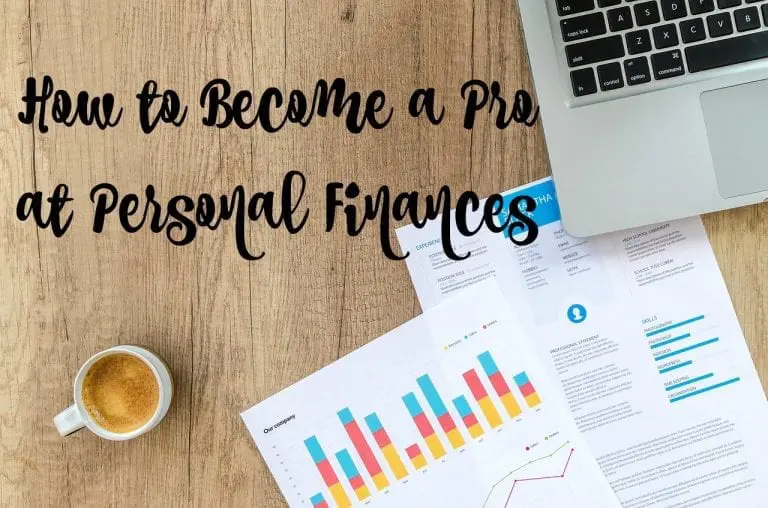Why Financial Education is Essential for Every Mom

Moms have to be in charge of everything – from their child’s clothes to making the house clean and balancing their work and private life. Having enough time for yourself when you are a mother is hard, no matter if you are working or not. It’s incredibly hard when you have to worry about finances, and when the pandemic is on the rise once again. We tried to make this financial education guide an anchor for making your head a little less filled with worries, especially when it comes to finances. We hope this article helps you clear your mind and your financial situation a bit, whatever it is right now if you are good with money management – excellent! Then we think you will find additional sources of advice here. If not, after reading, we are sure you will have better insight and understanding of how to tackle everything, once and for all.
Do you have money management skills?
This may sound not very easy, but it isn’t. What you need is taking some time for yourself (and your finances), sitting down, and putting everything on paper. If you do it as we advise you, we promise you won’t have to do it every week, but it will make your life more comfortable in the long run. Money management means you have a plan regarding finances on a monthly and yearly basis. If you know your primary income, put that on paper and add to that any additional payment (if you have one, whether it’s active or passive). Now check your credit cards and see if you have any debts or subscriptions (we all have those online classes that we don’t attend, but we’re paying for them anyway). Cancel everything you don’t use, check with your bank if there’s something where your money goes, but you don’t remember agreeing to it, and check that off the list.
About your debts and loans
The next step to having a safe money base is getting rid of your debts (or taking care of them as soon as possible, aka starting right now if you can, little by little). Once you have a clean slate, you can start planning your monthly expenses and see where you are spending too much unnecessarily (like for an overpriced coffee during your shift). This doesn’t mean you should give up on every small thing you cherish in life, but see if it’s essential to buy that coffee every single day or twice a week. If you are a renter, set that money aside or give it to your landlord as soon as you get your paycheck. That’s another way of figuring out how to work around your budget and tweak what is necessary. And if you are a homeowner, look at your loan.
Loans for homeowners come in many different forms, and it’s important that potential buyers are familiar with the different types of options available to them. One common type of loan is a mortgage, where money is borrowed from a lender such as a bank or credit union and paid back over multiple years with interest. Borrowers may also have access to government-backed loans like FHA or VA loans which often require less stringent eligibility criteria than traditional mortgages.
Educate yourself
We know your schedule is probably busy, even if you are in a lockdown, but take some time and educate yourself about finances, even if it’s for 20 minutes a day. There are plenty of useful courses online (that are free!), where you can learn about money management and have a notebook nearby so you can write down your examples and then adjust them as you progress. There are lots of YouTube channels focused on financial literacy, like TFD (The Financial Diet), MarieForleoTV, and many more. If you like podcasts, you can listen to some while driving to work. You can listen to something like “Afford Anything”, or “Money for the rest of us”. This can be time-saving, and may also give you a different perspective on money itself.
Books are still a valuable tool.
Just because we are living in a digital age, don’t underestimate the power of books. Nowadays, you don’t have to browse many bookstores to find the book you want so much; it can be delivered to you, or you can’t only get an e-book. See what’s more comfortable for you and dive into it. Personal finance books are an excellent source of financial knowledge, and they can help you learn at your own pace without having to pause and then go back ten more times. You can see a pattern in your relationship with money, which is crucial to identifying what’s your primary obstacle, whether it’s big or small. You can implement much advice on your lifestyle. We are not talking about books that are written by a millionaire (or his ghostwriter)… About how he was born a millionaire. Still, preferably people who are educated in the field, went through various situations in life to be where they are. Some can show you the ways you psychologically connect with money and decide your value depending on how much you have (these books will teach you otherwise while helping you manage your expenses).









